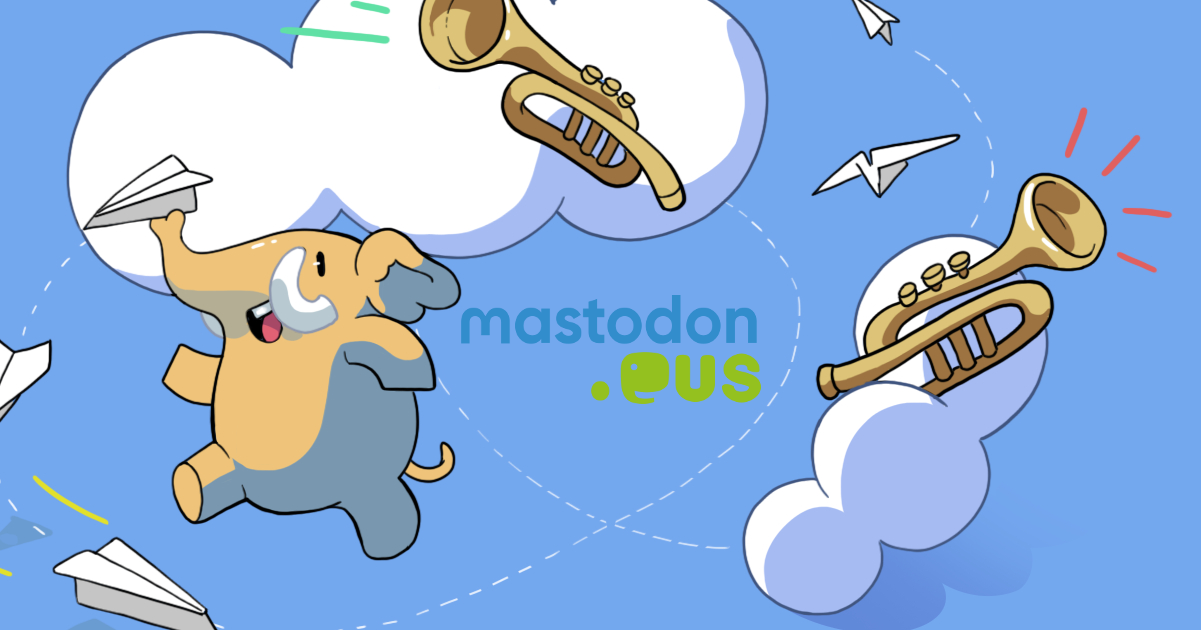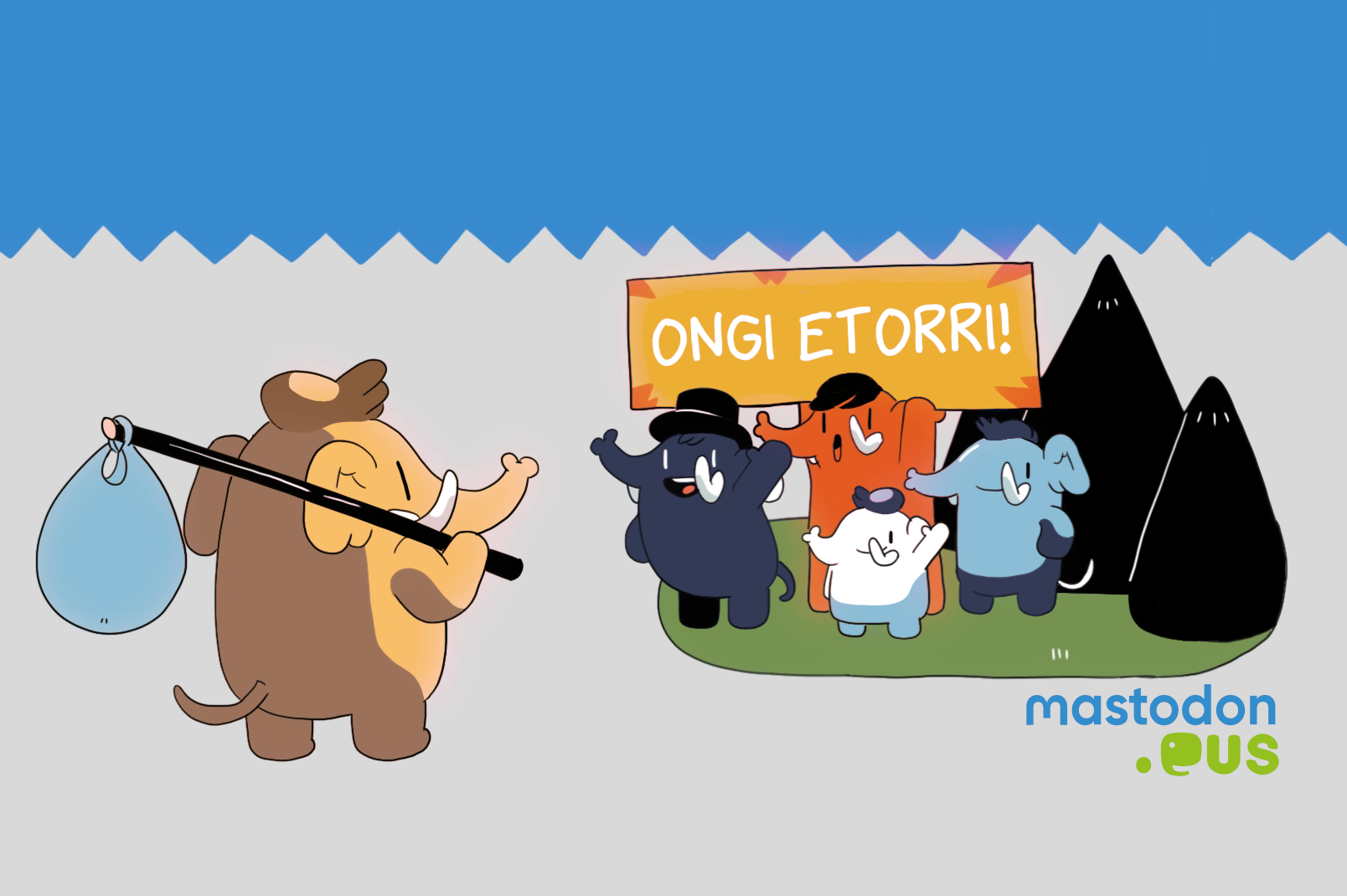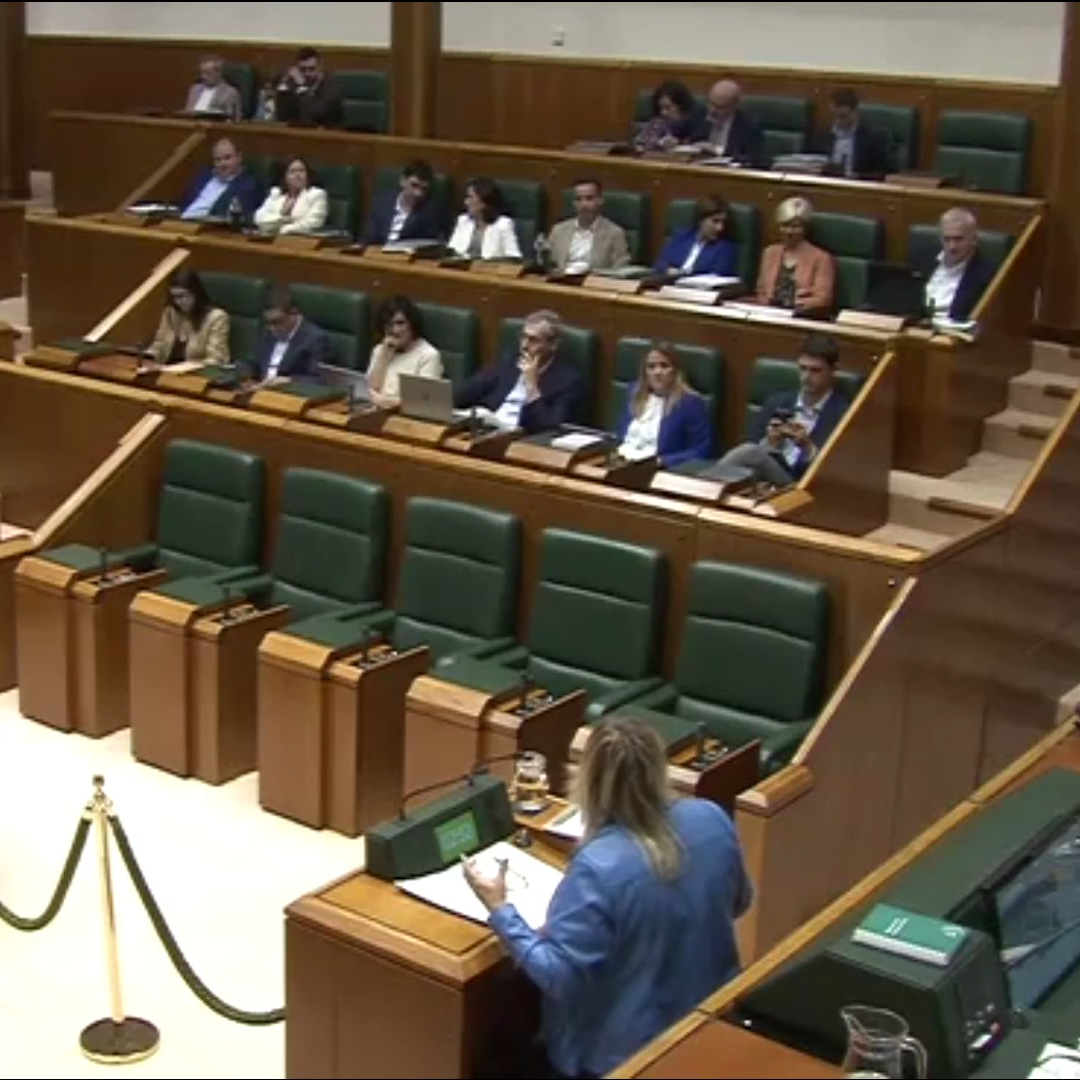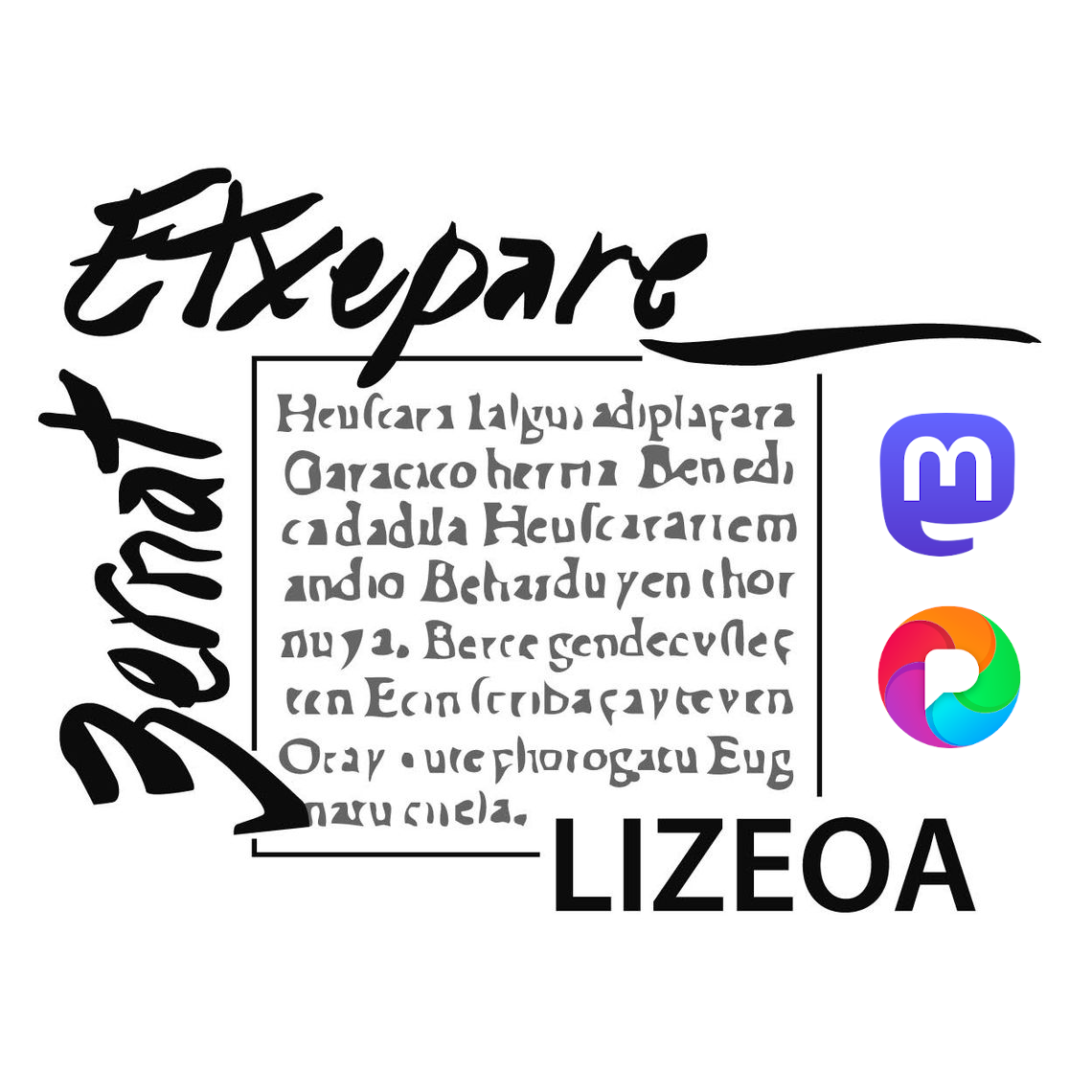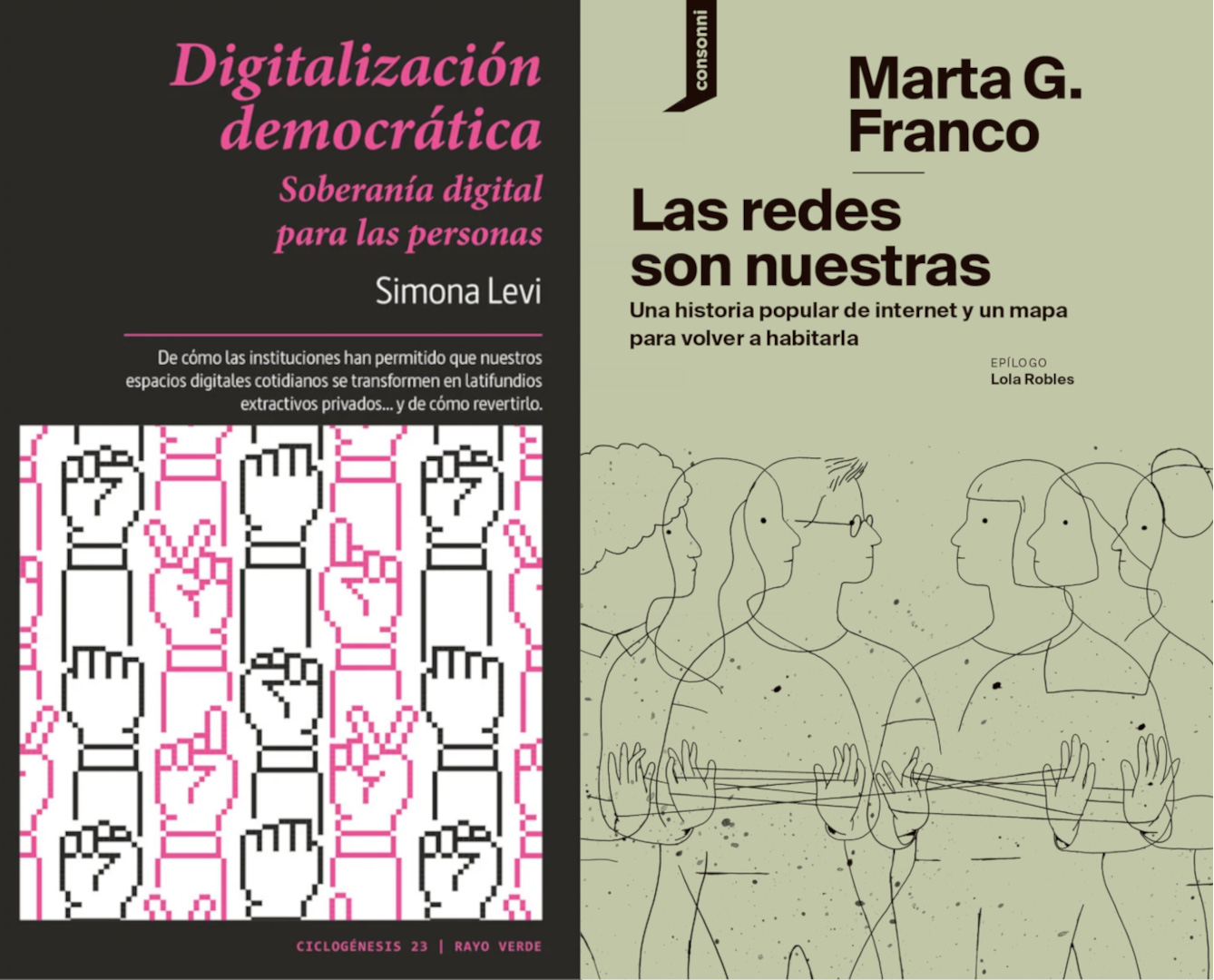Democracy and technological sovereignty
- The seventh edition of the Euskarabildua Conference was held at the San Telmo Museum of Donostia on 25 October. The rapporteurs have talked about open government technologies: free software, technological sovereignty, participation, open data and transparency. In short, relations between citizens and public institutions.
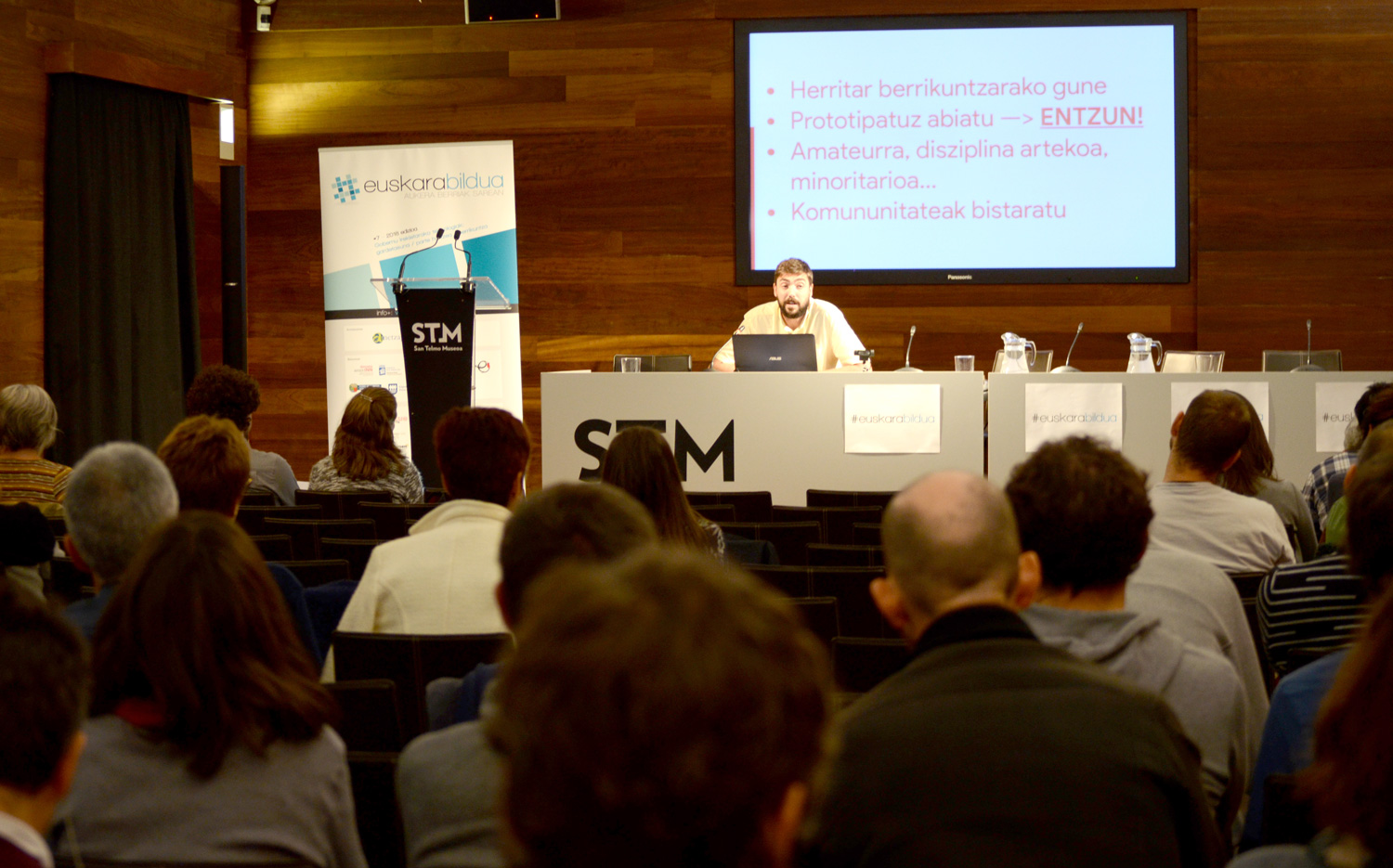
Words often lose meaning through use, or at least transform. The word democracy is not understood by the same in the mouth of Bolsonaro, who has just won the elections in Brazil, or of the Landless Workers Movement of that country, MST. The same applies to terms such as open government, transparency or participation. Sometimes, it seems that from a budget of EUR 426 million that an institution can have, the choice by the public of where EUR 2 million will be spent between several projects guarantees participation. But is that the case?
In the Euskarabildua day, the focus has been on practice that goes beyond the word: How do public institutions and citizenship relate? What role does technology play in this relationship? Below is the video made for the presentation of the theme.
The Open Government is a political vision from the philosophy of the free software movement. The concept was created in England in the late 1970s. In the face of government secrecy, the main objectives were openness and citizen participation.
USA, Barack Obama, in 2009, introduced the Open Government Memorandum, a topic that was put in the mouthpiece across the West. The occupation movements of the seats in 2011 gave a boost to the concept and devoted a deep critique to the institutions, as is the case of the Spanish State, breaking the consensus that existed until then with the motto “do not represent us”.
Transparency, cooperation and participation
The transparent Government guarantees the accountability of the institution to the citizens by providing them with information on what it is doing and its intentions. According to the experts in the field, any public administration should, in a simple and clear way, ensure access to such public information so that citizens can control government action.
The collaborative government must be able to involve and engage citizens and other agents in the work of the organization. Collaboration involves, on the one hand, cooperation with the public and with companies, associations and other actors, but also the relationship with their officials and other administrations.
Finally, a participatory government gives rise to the active participation of citizens in the generation of public policies and invites the organization to feed on the knowledge and experience of citizenship. Therefore, it promotes actions to increase the involvement and prominence of citizenship in public affairs, thus committing political forces more strongly to citizenship.
Working together the three columns is the key to success. So that transparency portals or participatory processes are not partial and do not fall into digital utopism: democracy, which may be offered by the Internet, requires more time, mime and presence. In this sense, experts in the field say that public institutions should not confuse participation with the possibility of quick click.
Eñaut Gracia, Councillor for the Information Society, Informatics and Participation of the City of Errenteria, has been the rapporteur who has looked more strongly at the internal dynamics of the administration, adding that they can be an obstacle to any change. In this sense, the struggle between the municipal departments has come to be equated to the series Game of Thrones: “The changes are difficult because we are fighting against personal attitudes and institutional relations. ICTs can contribute to this, by leveraging these difficulties”.
The Director of Participation, Transparency, Cooperation and Volunteering of the Government of Aragon, Raúl Oliván, has presented the Laboratory of Democratic Innovation (LAAAB) in Euskarabildua. Oliván has also stressed that if democracies are not renewed and not retained, they may be at risk of recovery.
Design Thinking methodologies are based on citizen involvement in co-creation: “The Administration’s main current challenge is design, not branding, but service design.”
Oliván has advanced that they are about to publish the book Hacking inside, made with researchers from South America, on how to access institutions like a Trojan virus and how to hack from within.
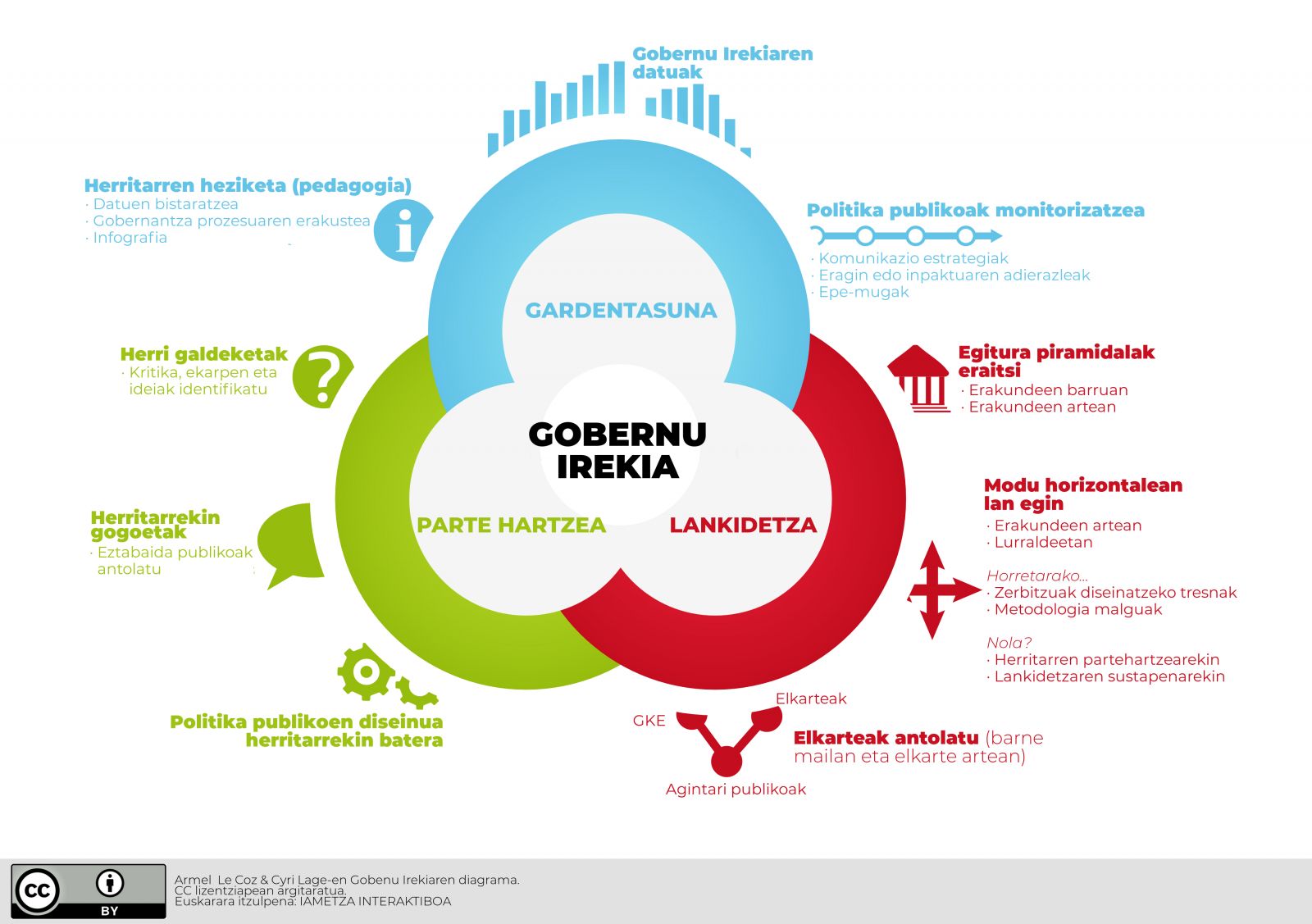
On technological sovereignty
Xabier Barandiaran, professor of the UPV/EHU, claimed that, in addition to free software, free technologies must be worked with a platform model developed for the City Council of Barcelona Decidim.org.
Free software is based on principles such as the use, copying, analysis, adaptation and distribution of technology once acquired. However, technological sovereignty is not about a way of working, nor about licences: it is about escaping the enormous control that fewer and fewer private companies have.
In 2006, Microsoft was the only technology company in the world. Today, they're the world's top five tech companies. Apple, Alphabet, Microsoft, Amazon and Facebook.
According to the prevailing ideology in Silicon Valley, the workers of the tech companies want to “improve the world” – as well as make money. “Behind that there’s a strategy to replace welfare states so we can access services via Google. The tourist offices will disappear soon, because with Google Maps and Trip Advisor we have enough.” It is known that since the time of Machiavelli, and since the development of cartography, maps were created to conquer or control territories. “The world’s largest map is Google,” Barandiaran said.
“This technological capitalism should alarm us,” Barandiaran believes, especially when talking about public institutions. “There’s an alternative and it’s better: the free technology of citizens who will collaborate around the world.”
Overdose and data on information
The technical head of Open Data Euskadi Imanol Argüeso, the professor at the University of Deusto Miren Gutierrez and the program coordinator at Hirikilabs Ibai Zabaleta talked about the socialization of open data.
Look at Gutierrez showed several visualizations with route data of the balleneros: “The visualization of the data allows the presentation of the information in an organized way, making it intelligible that they are no more than thousands of numbers.” As regards the ways of accessing the data, he has defended the publicity of the data provided that the anonymity of the citizens is not put at risk. Furthermore, it has been in favour of democratic action on data, emphasising the importance of participation in the process of generating public and open data.
Ibai Zabaleta unveiled several Hirikilabs projects and presented the workshop they organized to analyze, among others, the effect of Airbnb. The data to perform this work were obtained through the web scraping, that is, from the extraction of public information from the websites. Zabaleta noted that they could not prove that the dissemination of Airbnb had a direct effect on the price of the city's rentals, as they could not compare the data with the prices of the rentals.
Experiences like this show that it is not enough to have public data, but that they have to be worked out and, more importantly, that we have to be able to compare and compare the data in order to make any complete reading.
Look at Gutierrez:
“People are afraid of hackers, I am much more worried about the U.S. government.”
Having data and information is having power. Today, however, we are generating more data than ever, mainly due to geolocation and digital communication. In addition to the data business, privacy is becoming a big challenge: “People are afraid of hackers,” says Gutierrez, but I am much more concerned about the American government.”
Libre is the only territory of Basque software
Xabier Barandiaran introduced the fictional technological character able to read texts in Basque, entitled iAnire. He insisted that the strategic commitment should be made on the path of technological sovereignty. “The other solution is to translate Siri, Alexa or Google Assistant and that’s not good for sovereignty.” Marko Txopite delved into this idea, presenting at the conference projects in Basque and free in the field of linguistic technologies.
Txopitea said that if the market is expected, the technology that will speak in Euskera will never develop. “If the Basques want these technologies, we ourselves must create them freely and in an auzolan way.” He presented the Common Voice Mozilla project, which aims to complete a free voice recognition technology. Librezale is preparing the Basque arrangements. People are currently being asked to participate in order to create the corpus of public audio recordings in Basque, which have been made in Basque.
If the Basque Country is going to have a place in advanced technologies, and we want to promote democratic, transparent and participatory models in the Basque Country, it became clear that it will be necessary to take steps in the sovereignty of software and technology by listening to the speakers of these days. Otherwise, the community will be subject to the knowledge held by others.
I've done a quick analysis of the technology forecasts for 2025. Like every year, when you talk about what technology is going to bring to the media in 2025, the discourse is very similar. Many of us who write about technology have the anxiety of knowing more than it's going to... [+]
The evolution that the Internet has taken over the last 15 years, together with its technological and business model, makes us think that it is a tool to increase the worst aspects of humanity. Around the world, agents have been created that are not satisfied with this idea... [+]
In spaces like the X, today, we will have to recognize that it is impossible to have a public debate and a cultural struggle. In this sense, a mistake is that political projects that intend to lead a leftist change leave platforms like X to make the leap to social networks that... [+]












